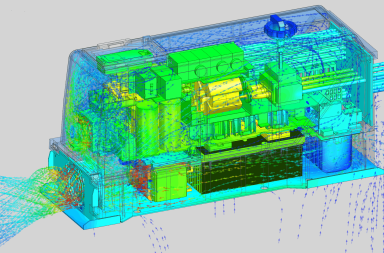When we think of data leaks in today’s society, you might immediately think “hacking”. Swaths of our data and work are done and stored electronically after all. But in our offices and at home, paper files and documents are still used, much of which with sensitive information of one type or another.
By law, sensitive details need to be properly disposed of. For paper documents, that means using paper shredding services to ensure that an old school data leaks don’t happen.
In case you’re wondering what might need to be shredded, here’s a comprehensive list of items:
Personal information:
Basically, anything that provides details of an individuals address, their medical history, disciplinary matters in the workplace, their CV or background information and photos.
Anything to do with money:
Don’t shred the money, but shred those dollar signs. Any documentation that talks about how much a person gets paid, invoices, payment schedules, budget data or forecasting, client contracts and banking information needs to be shredded.
Security:
More or less, anything that may compromise your business or personal affairs needs to be properly disposed of. Passwords, clearly, but even things like email print-outs, telephone messages, meeting and diary notes, and desk memos can be compiled to give someone with malcontent the tools to damage you and your business.
Trade secrets:
Much like the list above of things that can separately be pieced together to compromise your security, business trade secrets can be pieced together when assembled. Paper shredding services can ensure that things like research information, legal files, purchase orders, strategy planning, meeting minutes, training information, company proposals, and specification drawings are destroyed forever.
Use discretion:
It’s better safe than sorry when disposing of old paperwork. Remember to use to your judgement and discretion and air of the side of caution. Those documents with client lists, supplier information, internal reports, purchase orders, disciplinary records, employment applications, training analysis, and product development specifications may seem harmless in the trash bin but can cause you real financial or legal headaches.
But don’t get carried away:
Hopefully, this doesn’t come across as patronizing but when some offices are getting rid of years worth of paperwork, people can get carried away and start putting the wrong things into the shredder. Things like batteries, food, cardboard, toner cartridges, sharp objects, glass, and metal items (including staples) should never go up against the shredder.
Identity thieves have always been around and are always trying to find sensitive information that they can benefit from. Don’t give them the opportunity. Be proactive, and take the steps of using paper shredding services to properly dispose of all those documents. It might just save you some money in the law run, save you from dealing with the authorities, and will give you peace of mind.
Remember, it’s not just computers that leave us open to compromise. It’s the paperwork we still deal with on a day to day basis. It only takes one data breach to break peoples’ trust in you and/or your business.


